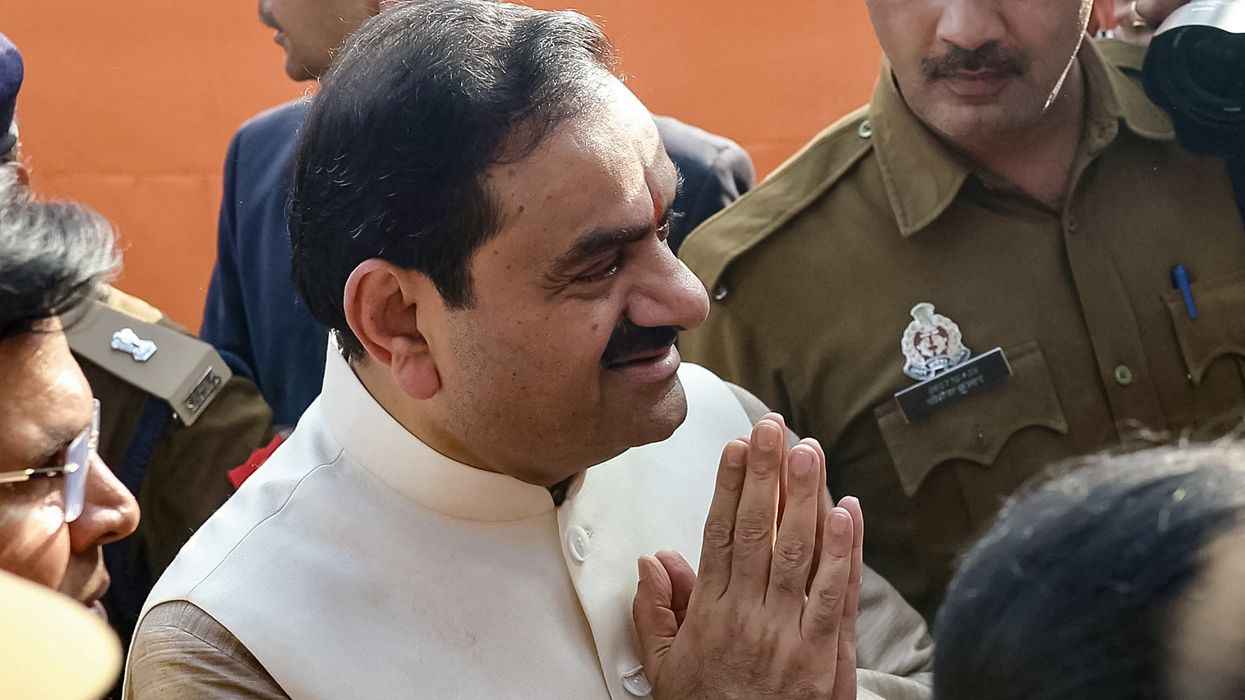AROUND a third of individuals from Pakistani and Bangladeshi communities broadly have no one earning any income through work, the latest figures released by the Office of National Statistics (ONS) showed.
Almost half of all women in both these ethnic groups are not economically active either – meaning they are not seeking employment, are waiting to hear on jobs, not in full time education or caring for family or just retired.
The national picture published by the ONS on November 28 said 22 per cent of the working age population (16-64) across England, Scotland and Wales were in a similar position.
In the group defining themselves as of Bangladeshi or Pakistani origin – the number leaps to 33 per cent and constitutes 390,500 people.
In those who consider themselves of Indian origin, the figure is 20 per cent, accounting for 259,500 people. The corresponding figure for all black groups stands at 26 per cent (397,200). For those who define themselves as white, the figure for economic inactivity stands at 21 per cent (6,967,200).
The lowest group of all Asian ethnicities – standing at 874,700 and comprising 26 per cent of the potential workforce – is white Other which is just 15 per cent – 457,600.
The government told Eastern Eye it was aware of the issues and has put in specific measures to tackle these, but campaigners working to tackle poverty among these communities said more targeted schemes are necessary.
Ansar Ahmed Ullah of the Swadhinata Trust, a Bengali community group in London, told Eastern Eye, “The reasons for the poor labour market outcomes among certain ethnic minority groups, including Bangladeshis, are complex, and likely related to a combination of factors.
“As research by the Department for Work and Pensions suggests, issues like segregation, cultural attitudes about women’s roles, family background, education levels, racial discrimination and cultural values all likely contribute to structuring the labour market disadvantages faced by ethnic minorities.”
He added: “The recent statistics seems to confirm the view that disadvantage, education gaps, discrimination and cultural factors interact in complex ways that negatively impact employment rates for ethnic minority groups like the Bangladeshi community. More research is needed to disentangle these factors, but it is clear that ethnic background plays a substantial role in determining one’s economic prospects.”
In the case of Pakistani-origin women, where 48 per cent are inactive economically, there is no evidence of a improvement with both first generation and second generation (most likely to have been born in the UK) just as likely to be economically inactive – even after taking into levels of better education and health.
A spokesperson for the Department for Work and Pensions (DWP) said there had been improvements over the years with nearly 70 per cent of these communities now in work as opposed to just 64 per cent in 2015 and 60 per cent in 2010.
In a written response, they said the government continues to take targeted action.
“We have appointed women’s community coordinators in specific areas, developing proof of concepts Pakistani/Bangladeshi women, placing work coaches in local libraries in ethnic minority communities, and engaging in partnerships with training providers and support organisations.”
They said the DWP’s jobcentres and Youth Hub advisers “are also playing a pivotal role in guiding customers toward apprenticeship opportunities with various employers”.
It agreed there were a number of complex factors at play and it “underscores the need for ongoing research and comprehensive strategies to pave the way for equal opportunities for all.”




















